This page requires that JavaScript be enabled in your browser.
Learn how »
Exploring and Creating NFTs: How Are Non-fungible Tokens Changing Our Communities?
Christian Pasquel
Non-fungible tokens, also known as NFTs, are changing the way we think about value and property. In this talk, you'll be part of a computational exploration of this technology, its standards and design used across different blockchains. Even though NFTs are mostly known in the art context, you'll learn about other use cases, such as digital identity, professional credentials and much more. Finally, you'll be part of an NFT liveminting session and giveway. This presentation is open to developers, artists, curators, educators, historians, law students and basically anyone who is interested in how this emerging technology can change our communities.
Thanks for your feedback.
1311 videos match your search.
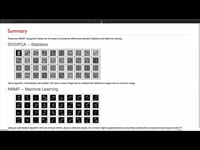 |
Anton Antonov |
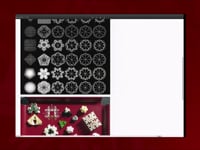 |
Bernat Espigule-Pons |
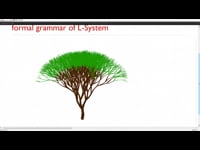 |
Gerald Thomas |
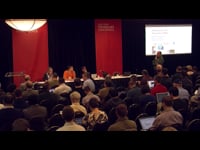 |
John Fultz, Roger Germundsson, Tom Wickham-Jones, and Arnoud Buzing In this talk, Wolfram's expert panel presents a summary of new Mathematica 10 features and answers audience questions about algorithms and R&D. |
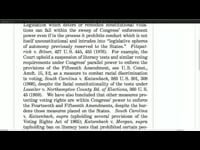 |
Seth Chandler |
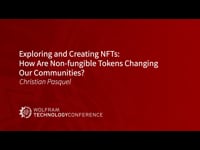 |
Christian Pasquel Non-fungible tokens, also known as NFTs, are changing the way we think about value and property. In this talk, you'll be part of a computational exploration of this technology, its ... |
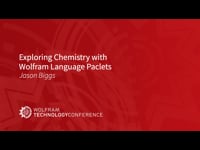 |
Jason Biggs This talk presents a set of paclets available from the new Wolfram Paclet Repository that extend the chemistry functionality in the Wolfram Language. Exhaustively generate isomers from a chemical formula using the MAYGEN or surge libraries, perform semi-empirical quantum chemistry using MOPAC, generate new and novel compounds ... |
 |
Jeffrey Bryant Reconstructions of the geological history of the Earth can be carried out using a number of tools in Wolfram Language. GeoGraphics, EntityValue and the Wolfram Function Repository provide a variety ... |
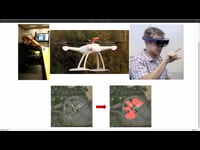 |
Aaron Santos |
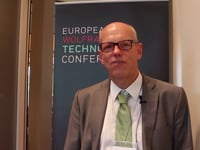 |
Thomas Weber |
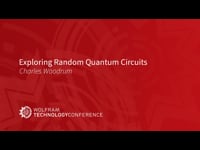 |
Charles Woodrum Random quantum circuits are usually constructed with a random unitary matrix, a method that depends on expensive matrix decomposition. Here we propose a different method more easily implementable on quantum ... |
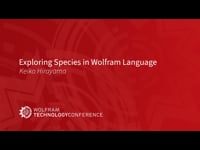 |
Keiko Hirayama New taxonomic species data collections encompass ecological, geographical and biological knowledge animals, plants, fungi and other microorganisms. With the hierarchical entity type syntax, one can access taxonomic information of species ... |
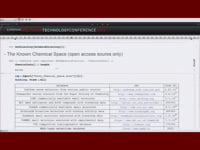 |
Armin Vollmer |
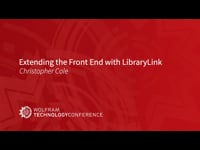 |
Christopher Cole |
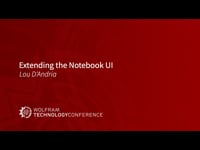 |
Lou D'Andria Contextual interfaces in Wolfram Notebooks continue to enable new and interesting approaches to interface design. In this talk, we will review the rudiments of attached cells, examine existing uses of ... |
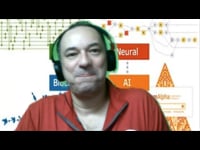 |
Bs. Claudio Chaib, Wolfram Research |
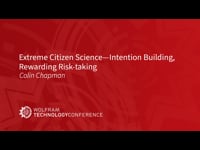 |
Colin Chapman This talk defines the Extreme Citizen Science learning posture and applies it to the development of a Polarimeter from scratch using an Arduino microcontroller and the ModelPlug library in Wolfram ... |
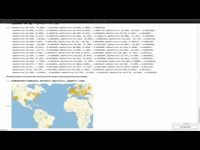 |
Meghan Rieu-Werden, Matteo Salvarezza |
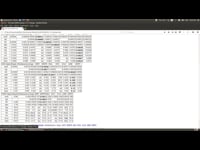 |
Mark Sofroniou |
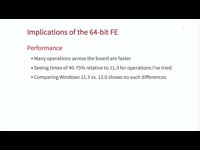 |
John Fultz |